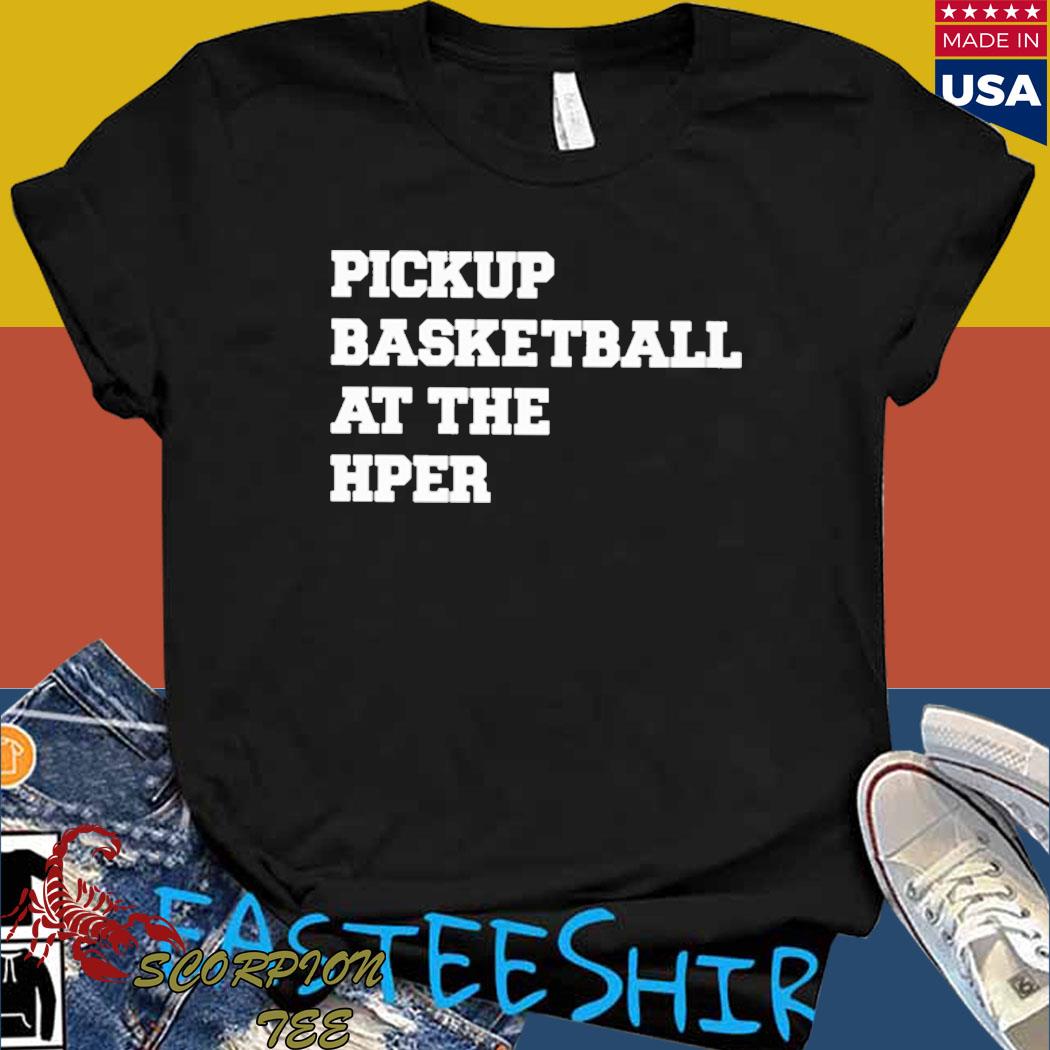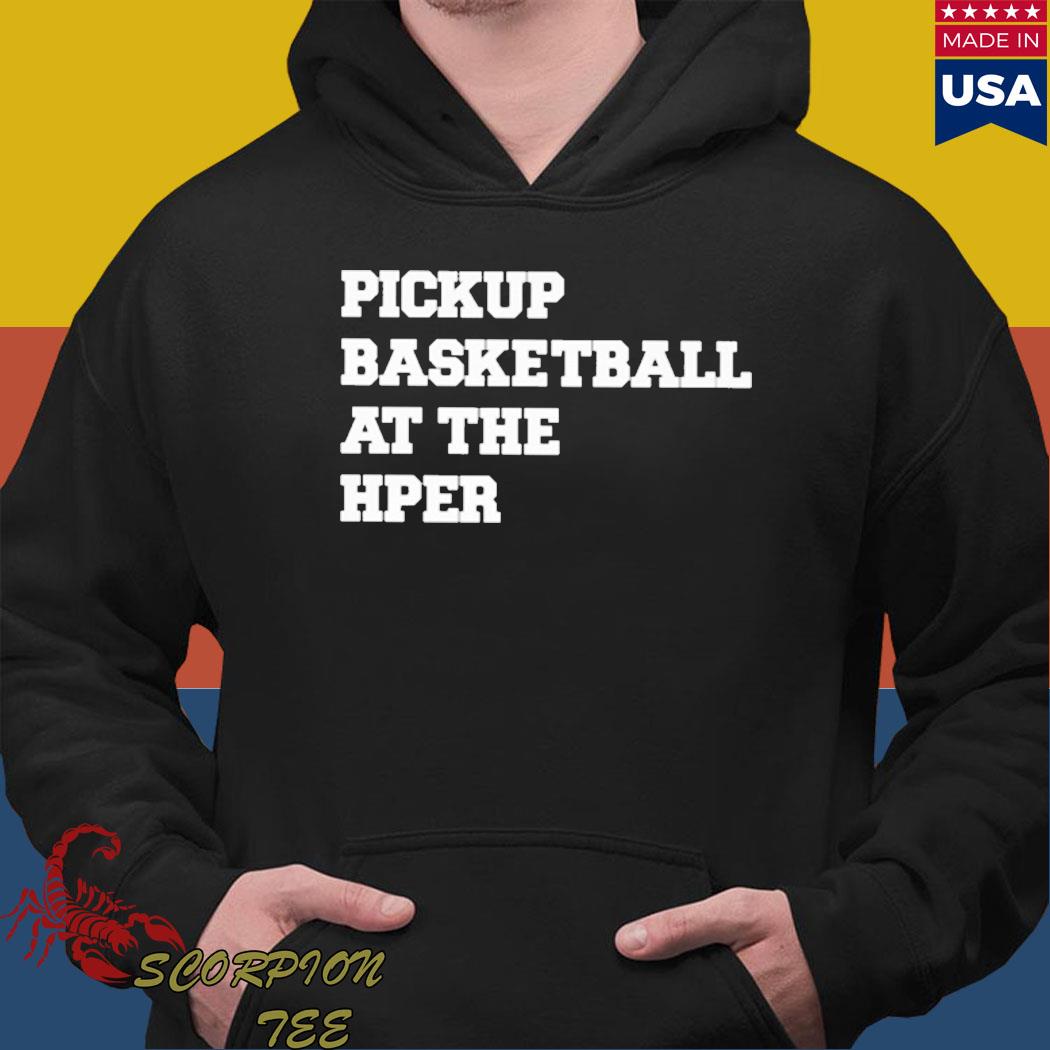pickup basketball at the hper T-shirt
Buy this shirt: Click here to buy this Scorpiontee - Official pickup basketball at the hper T-shirt
the Official pickup basketball at the hper T-shirt and I love this technologies that would make the best use of cell lines still need to be perfected. Related story: ‘If we can make a space station fly, we can save the planet’ “A lot of stuff that we want to do we can’t do yet,” says Tullis Matson of Nature’s Safe, a UK-based cryobank that collects live cells and gametes (sperm and eggs). He predicts that in the next 10 to 30 years it will be possible to turn these cells into pluripotent stem cells, which can be reprogrammed to produce sperm and eggs. Once that’s possible, an embryo could be created from the sperm and egg, and then implanted in a surrogate individual from an endangered species, once again providing much needed genetic diversity. Tullis Matson founded Nature’s Safe in November 2020. “It’s a safety net,” he says. The technique also opens up the prospect of reviving fully extinct species — by using surrogates from the most genetically similar surviving animals. “We do have cells preserved from extinct species, but that’s not really the reason we do this,” says Ryder. “We’ve been asked to preserve cells from some of the last individuals in a species — or literally the last individual — and we do that, but we don’t really expect that we’re going to be able to bring species back from extinction from a single animal.” The challenges ahead The accelerating climate crisis will put ecosystems under further pressure, making the work of cryobanks

even more important. “I see cryopreservation as the Official pickup basketball at the hper T-shirt and I love this absolute cornerstone of conservation. We’re facing the sixth mass extinction as we speak, and we need to be able to give future generations a way of bringing these species back to life,” says Matson. Many of the problems facing these projects are of a practical nature. “Safeguarding the Frozen Zoo far into the future is one of the biggest challenges,” says Frozen Zoo curator Marlys Houck. “We want to continue to collect more samples while ensuring that the ones we already have will be there beyond our lifetime. This includes making sure there is dedicated funding for liquid nitrogen [for freezing DNA] and replacement of the cryotanks as they age.” Marlys Houck, curator of the Frozen Zoo, has been working to save the northern white rhino from extinction, and is planning to use southern white rhinos as surrogates for northern white rhino embryos. “There are many challenges ahead, but researchers are optimistic that a northern white rhino calf could be born from these processes within 10 to 20 years,” she says. One of the main challenges will be convincing conservation agencies that cryobanking is a valid strategy and worth funding. “Many of us are doing this without any tangible support beyond donations or grants, with no national or government support,” says Yon. “Cryobanking is increasingly being recognized as a vital resource, so it’s a bit mystifying that there isn’t more funding support.” Read: Meet the women racing to save the northern white rhino from extinction Finally, all researchers agree that a tighter collaboration between all cryobanks is necessary to succeed. “The task is enormous, nobody can do this on their own,” says Matson. “There’s a million species at risk. We need 50 different genetic samples from each, so that means 50 million samples; for each of those, we need five vials for each sample, so that’s hundreds of millions of samples that need to be stored.” Ryder says he’s working to develop a global network to bank the material that’s already been collected. “If we had a conversation with

Comments
Post a Comment